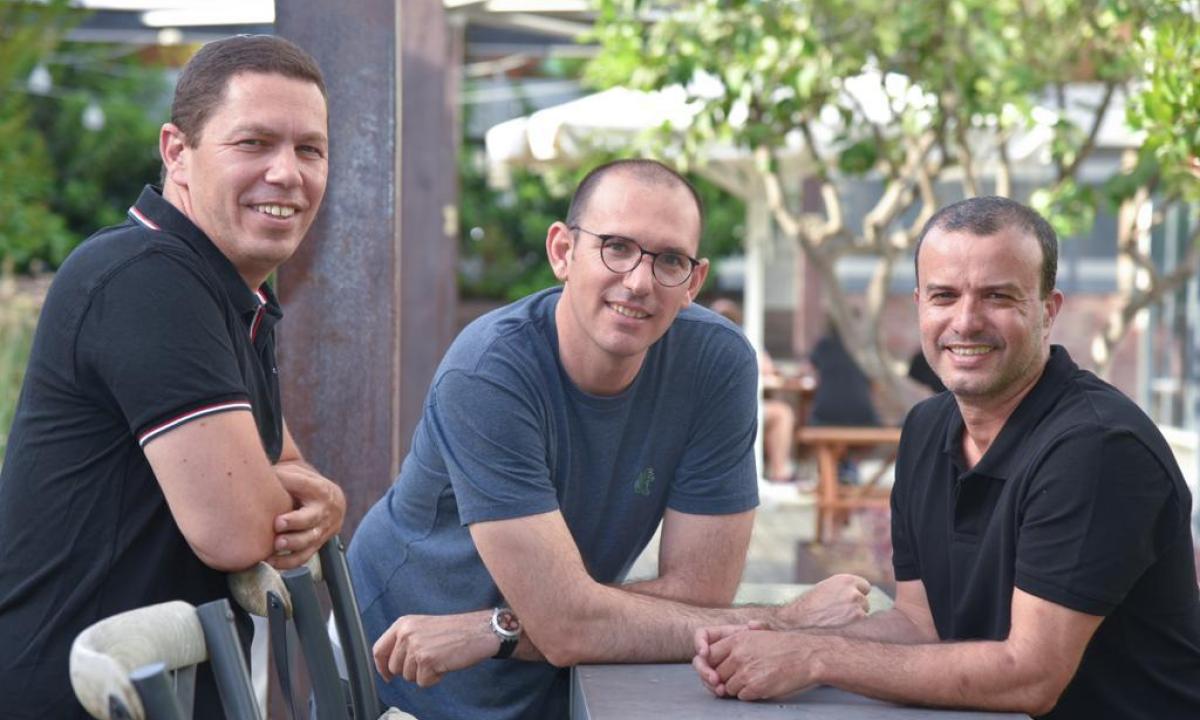I finished Berkshire Beyond Buffett by Lawrence Cunningham (@CunninghamProf). Prof Cunningham is well known for his work on Berkshire Hathaway (BRK) and Warren Buffett. Prof Cunningham’s books on BRK and Buffett are among the best. He’s been a follower for decades and has direct access to Buffett and its managers. If you want to read this book, I would assume it’s not your first book about Buffett and BRK. There’s ton of material you can read before this one. If you don’t know where to start, here’s a good start: The Essays of Warren Buffett: Lessons for Corporate America.
This book on Buffett/BRK book is different. This is not a Warren Buffett centric book. It’s more like the bio of BRK. And not just a book full of happy stories about BRK.
BRK is structually complex and highly decentralized. Lawrence had access to many people in BRK organization to realized this book with Buffett’s blessing. Despite its popularity, few people understand Berkshire and many assume it cannot survive without Buffett. They are wrong and this book proves them wrong. This is a comprehensive portrait of the corporate culture that unites BRK’s subsidiaries and the traits that ensure the conglomerate’s continued prosperity.
“The special Berkshire culture is deeply ingrained throughout our subsidiaries, and these operations won’t miss a beat when I die” – Warren Buffett
The book also goes on to explain why many companies picked BRK as their home, even when a more lucrative offer was on the table. It goes beyond the dollar amount. For many entrepreneurs, their business is their baby. It’s their life’s work. And it’s very important for them to preserve it.
I’m glad I read this book. I was looking forward for a book like that for a while. One that goes inside and throughout the subsidiaries. Even the smallest ones. Cunningham talked to many family businesses belonging to the Blumkins, Bridges, and Child and several entrepreneurs like at FlightSafety and Justin Boots.
An interesting question why aren’t there many more companies like BRK? Markel is the closest clone that I can think off. BRK has been cloned before, but you don’t seem to hear about their success. The reason is because it goes beyond the corporate structure. It’s about the attitude. Berkshire takes a partnership attitude toward its shareholders whereas most corporations are hierarchies, with shareholders seen to own a residual claim on firm assets, an equity stake after liabilities are covered by assets. BRK is simple, but hard to replicate.
Here are some characteristics among many others:
- Decentralized. The managers of the subsidiaries have massive power.
- It rarely uses intermediaries — brokers, lenders, advisers, consultants and other staples of today’s corporate bureaucracies.
- No strategic plans administrated by an acquisitions department.
- Berkshire defined itself as a partnership from the outset: “While our form is corporate, our attitude is partnership.”
- While American companies borrow heavily, Berkshire shuns debt as costly and constraining, preferring to rely on itself and to use its own money.
- BRK generates abundant earnings and retains 100 percent, having not paid a dividend in more than 50 years.
- Berkshire earns some $30 billion annually — all available for reinvestment.
- In addition, thanks to its longtime horizon, Berkshire holds many assets acquired decades ago, resulting in deferred taxes now nearing $100 billion.
- The principal leverage at Berkshire is insurance float. This refers to funds that arise because Berkshire receives premiums up front but need not pay claims until later, if it all.
Article by Brian Langis






